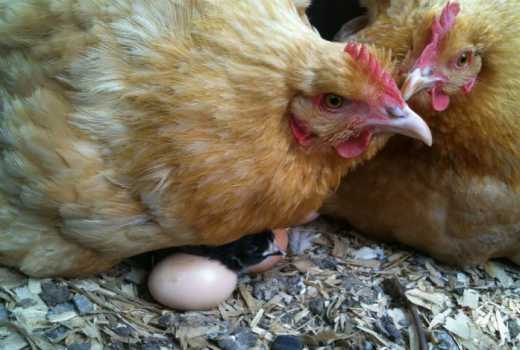×
The Standard e-Paper
Kenya’s Boldest Voice

I am a poultry farmer in Kitengela and I noticed something unique my neighbour also a poultry farmer, was doing. Recently he had a broody chicken that had sat on eggs for the entire 21 days of incubation and after the eggs hatched he took the same mother hen and placed another set of eggs for her to sit on. Is this right and what is the best way of caring for a broody hen?
[Wachie, Kajiado County]